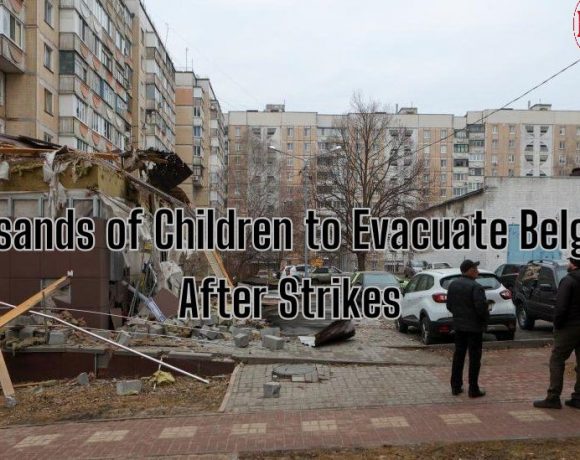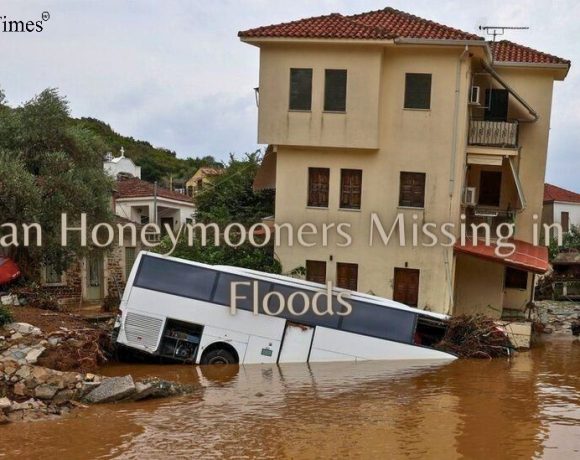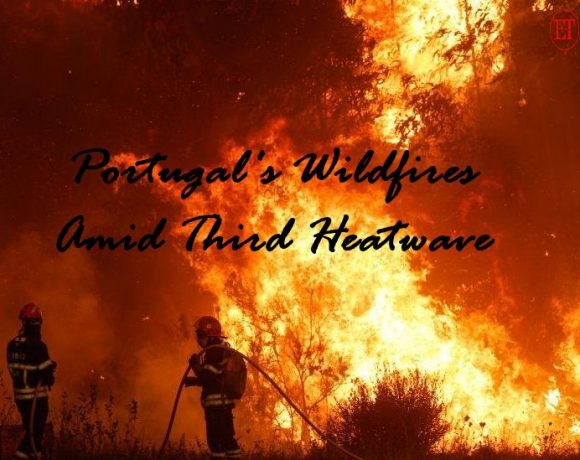
Approximately 9,000 children are being evacuated from Belgorod and its surrounding areas following shelling incidents attributed to Ukraine, according to Belgorod governor Vyacheslav Gladkov. The recent attacks have resulted in injuries, power outages, and casualties, with 16 people killed and 98 wounded this week alone.
In response to the attacks, schools in Belgorod were closed earlier in the week, and evacuation orders now extend to several villages in the region. The evacuation process is set to begin on Friday, with the initial group comprising 1,200 children.
Russia’s defense ministry claims to have intercepted Ukrainian shells over Belgorod and conducted strikes against alleged Ukrainian “saboteurs” near the border regions. Concurrently, Ukrainian border areas have also faced Russian attacks, necessitating evacuations.
Although Kyiv has not officially responded to the incidents in Belgorod, Russian President Vladimir Putin has accused Ukraine of attempting to disrupt his re-election campaign through the strikes. Putin has urged the Federal Security Service to identify and punish Russian fighters supporting Ukraine’s cause, vowing retribution regardless of their location.
Earlier this month, reports emerged of Russia-based paramilitary groups crossing into Russian territory from Ukraine. Videos circulated by these groups claimed control over villages in the Belgorod and Kursk regions, although Russia’s defense ministry refuted these claims, stating that such attempts were thwarted.
Picture Courtesy: Google/images are subject to copyright



